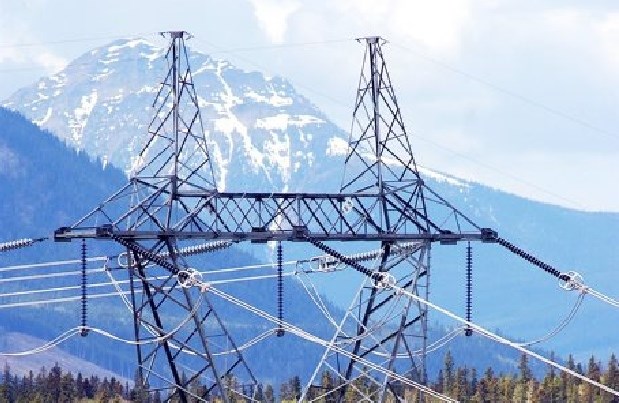I have a reader who insists my electric car - and presumably all electric cars sold today - is powered by coal and natural gas, not electricity generated by hydro.
His argument is that the province's hydroelectric generation is fixed. Until a new dam comes along, the amount of electricity generated cannot be increased. He reasons any new demand on the system has to be met by putting a few more coals into the fire pit of generators that burn fossil fuels to produce electricity.
He is not the first person to espouse the theory that electric vehicles have, in essence, a long tailpipe that leads back to the smokestack of a dirty, coal-fired power plant. He writes:
"Hydro's power dams, at least the ones that supply the population centres in the south, are pretty much tapped out. Most of the seven per cent non-renewable generation comes from a natural-gas-fired plant on the Lower Mainland [Burrard]. If my reading of their website is right, Burrard runs at about 67 per cent of capacity.
"The only reason I can think of for running this more expensive plant is that there isn't enough hydro power to meet the need. So when you plug in your electric car, Burrard ramps up and so do its emissions."
To him, it doesn't matter that 93 per cent of the energy is from green sources. While 100 per cent green is, of course, ideal, my logic says that if only seven per cent of my electricity is generated by fossil fuels, it is a very low and acceptable compromise.
Compared to the U.S., where 45 per cent of energy comes from coal, 23 per cent comes from natural gas and 20 per cent comes from nuclear sources, we're living in cleanenergy Nirvana.
It doesn't matter to him that an EV is more energy efficient than an internalcombustion engine burning processed petroleum.
My logic, as well as facts and figures from reputable sources, has so far failed to sway his opinion. I even forwarded him an email sent from another reader:
"Even if all the electricity was produced by coal, electric cars would still be significantly ahead of conventional vehicles in carbon footprint, owing to the massive inefficiencies in the internal combustion engine - where only a small percentage of the fuels energy actually gets to the wheels. If you want actual numbers, check with BCSEA."
The BCSEA is the ÎÚÑ»´«Ã½ Sustainable Energy Association, a network of citizens and businesses working together to put innovative sustainable solutions into practice. This non-profit organization is based in Victoria and is an advocate for a green future - one with electric cars.
"It's about transportation without oil," says Guy Dauncey, executive director of the BCSEA. "It is inevitable and desirable to envision a future where personal transportation is powered by electricity - along with cycling or walking."
My goal isn't to change people's opinions. While I am open to and willing to debate the finer points on an emerging direction as far as transportation is concerned, there will always be a dissenting voice.
For now, depending on how you look at it, I am either on the road to a greener, friendlier tomorrow - or one where a dirty, smoking powerplant is at the end of my imaginary tailpipe.
What do you think?
Contact me: [email protected] Follow me on Twitter: @pedrothecarguy EV microsite: www.timescolonist.com/pluggedin



